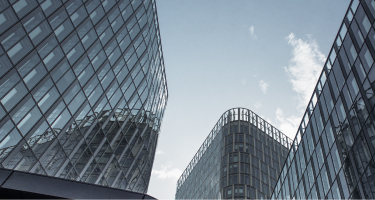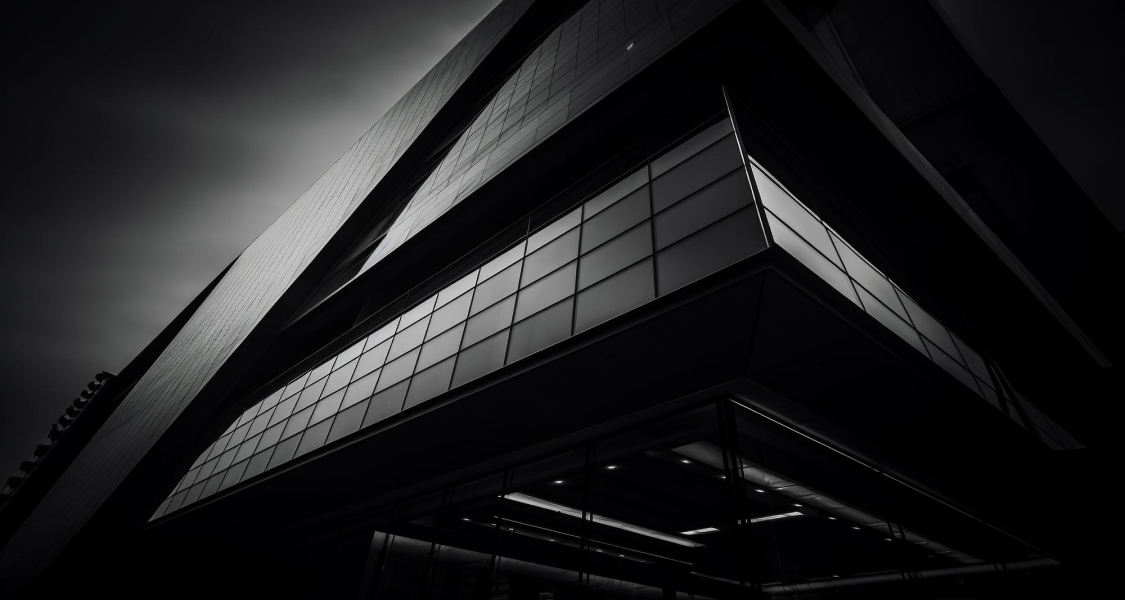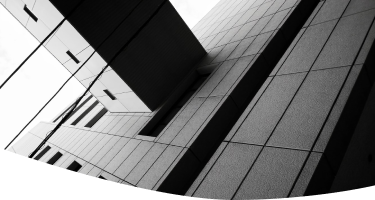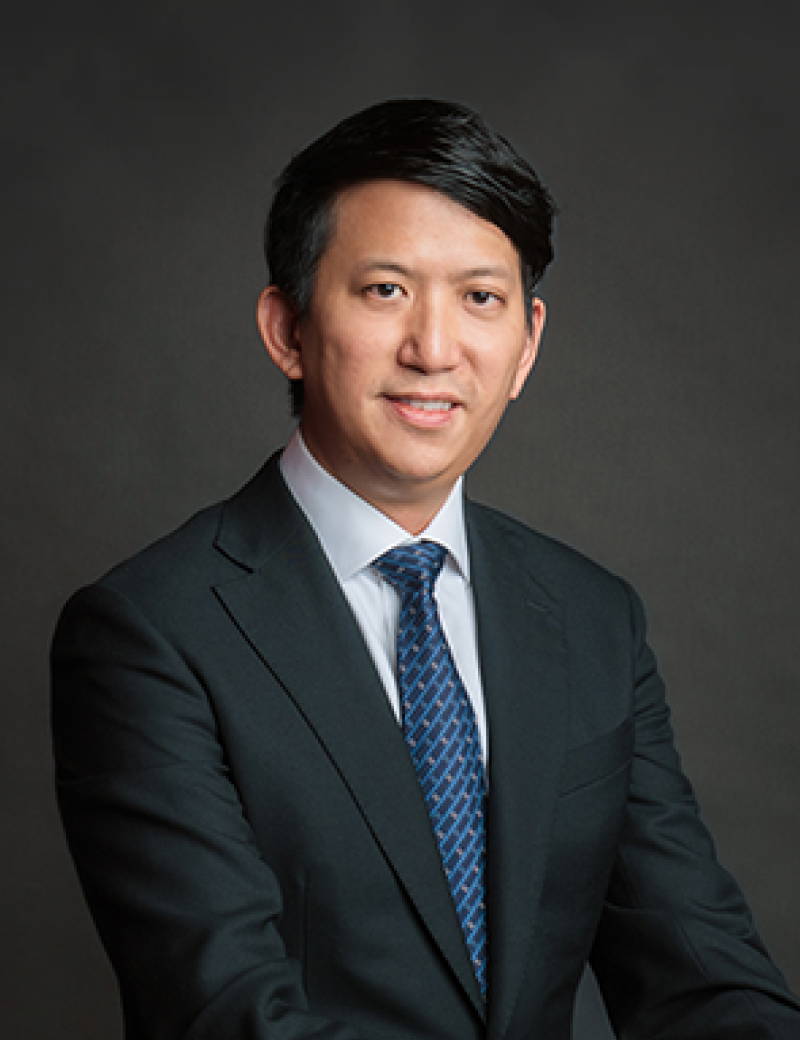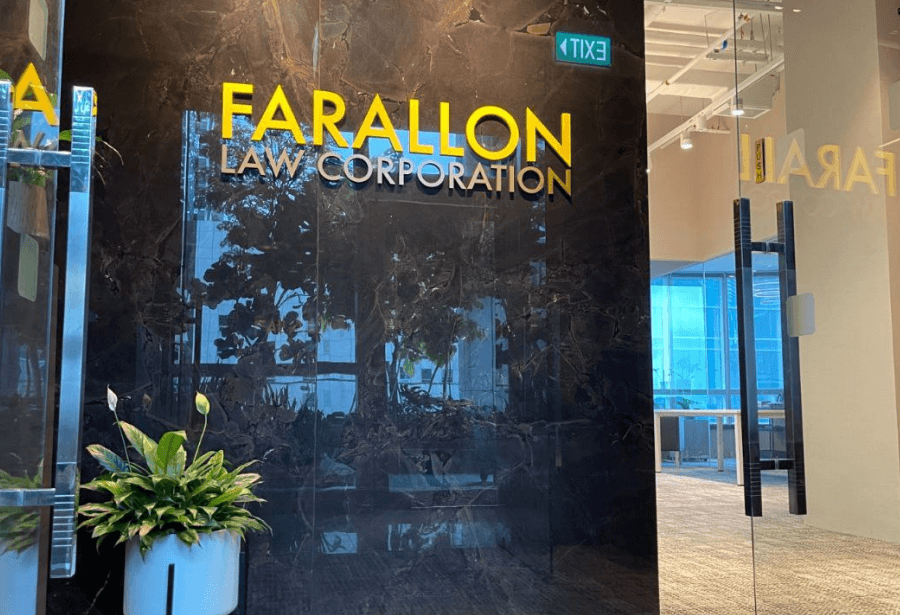Nicolas is an Arbitrator at the Hong Kong International Arbitration Centre (HKIAC), Thailand Arbitration Centre (THAC) and Singapore International Arbitration Centre (SIAC). In the mediation arena, he is a Specialist Mediator at the Singapore International Mediation Centre (SIMC), an Accredited Mediator at the Singapore International Mediation Institute (SIMI), an Accredited Mediator at the Singapore Mediation Centre (SMC) and a Mediation Advocate at the International Mediation Institute (IMI) in Netherlands.
Nicolas received his pupillage training from Davinder Singh SC in 2001. He commenced practice in 2002 in the Litigation and Dispute Resolution team of Drew & Napier and has since practiced at international law firms Allen & Overy (Singapore office), Sidley Austin (Hong Kong office) and Baker McKenzie (Singapore and Indonesia offices).
His main areas of practice are civil litigation, arbitration, mediation, employment law, criminal law, defamation, mergers and acquisitions and corporate and compliance.
He also has experience as in-house counsel in supply chain management, employee disputes, subcontractor issues and compliance work arises from serving at US MNC Flex where he was responsible for contractual, compliance and litigation matters at all Singapore, Indonesian and Malaysian sites.
Throughout his career, he has advised on multi-jurisdictional disputes and corporate transactions involving clients and adverse parties from Australia, Bahrain, Bali, Bangladesh, Beijing, Bermuda, British Virgin Islands, Canada, Cayman Islands, China, Czech Republic, Dubai, Finland, France, Germany, Ghana, Guangzhou, Hong Kong SAR, India, Indonesia, Israel, Italy, Jakarta, Japan, Kuwait, Laos, Las Vegas, Lebanon, London, Luxembourg, Malaysia, Myanmar, Netherlands, New Zealand, Papua New Guinea, Philippines, Puerto Rico, Russia, Saudi Arabia, Scotland, Shanghai, Shenzhen, Silicon Valley, Singapore, Sri Lanka, South Africa, South Korea, Surabaya, Taiwan ROC, Thailand, Timor Leste, Tokyo, United Arab Emirates, United Kingdom, USA and Vietnam.
